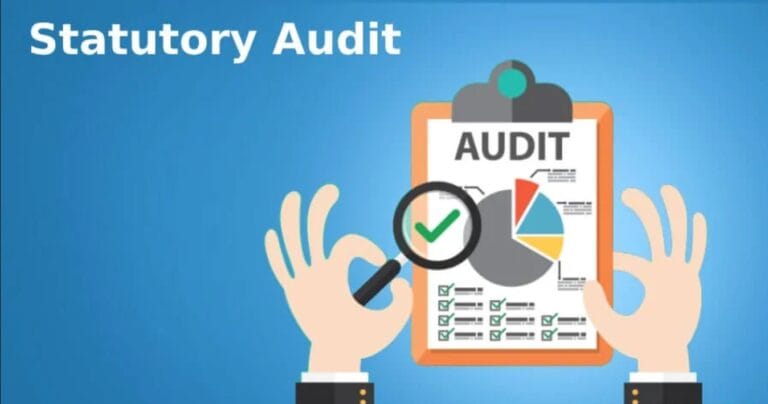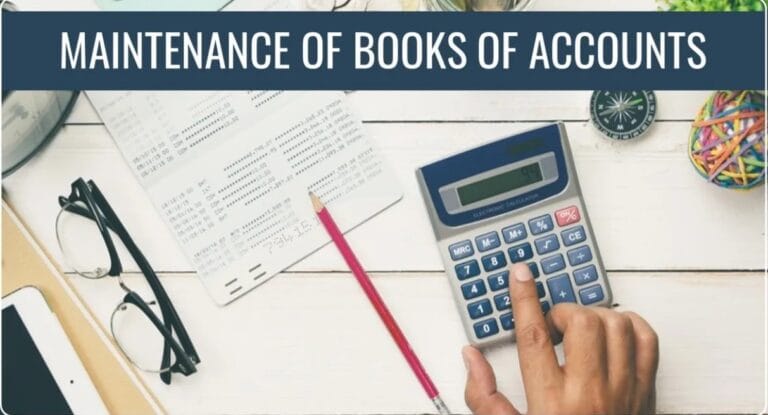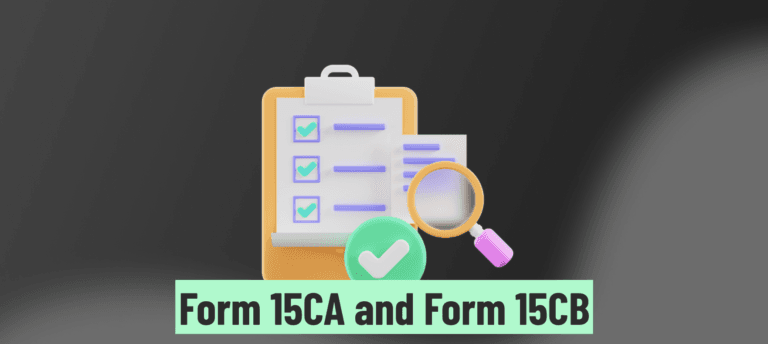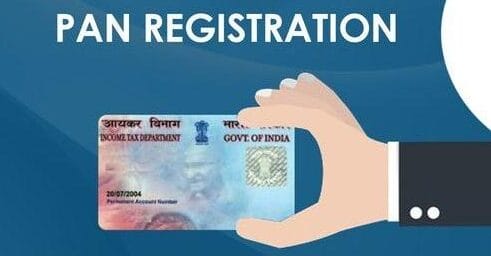In accordance with the provisions of section 29A of Insolvency and Bankruptcy Code, 2016 (IBC), an eligibility criterion is imposed on persons/entities intending to submit a resolution plan, as resolution applicants, for a corporate debtor who is undergoing CIRP process. This section aims to ensure that only capable and credible resolution applicants participate in the resolution process, thereby safeguarding the interests of creditors and promoting effective resolution of stressed assets.
Key Provisions of Section 29A
1. Disqualifications
- Defaulting Entities: There are the entities being classified as non-performing assets, for a period of more than 1 year, and the stands disqualified.
- Undischarged Insolvents: Individuals declared as undischarged insolvents are disqualified.
- Connected Persons: Promoters or management of the corporate debtor, or persons disqualified under other specified criteria are disqualified unless they meet certain conditions.
- Convicted Offenders: Individuals convicted for offenses punishable with imprisonment for two years or more are disqualified.
2. Due Diligence Requirements
- Resolution applicants must conduct thorough due diligence to ensure they do not fall under any disqualifying criteria listed in Section 29A.
- This includes reviewing financial records, legal history, and any other relevant information to assess eligibility.
3. Impact on Resolution Process
- Section 29A is not just a set of rules, but a powerful tool that aims to enhance transparency and credibility in the resolution process. By preventing ineligible entities from participating, it significantly impacts the course and outcome of the process, underlining its seriousness and significance.
- It promotes a competitive bidding environment where only financially sound and credible resolution applicants are considered.
Objectives and scope
The objective of subject audit is to report on eligibility of Resolution Applicants as per the provisions of Section 29A of IBC, 2016
The scope of subject audit is defined as under:
- To check if the targets (Resolution Applicants & Connected Persons) are identified as an ‘undischarged insolvent’;
- To check if the targets are identified as a ‘willful defaulter’ as per the guidelines released by the RBI, under the Banking Regulation Act, 1949;
- To check if the target has an account or where an account of the respective corporate debtor is under the management or control of such target or of whom such target is a promoter, is being classified as non-performing asset(NPA) as per the guidelines of the Reserve Bank of India issued under Banking Regulation Act, 1949 (10 of 1949), and that a period of at least 1 year has lapsed from the date of such classification, with such 1 year being considered back from the date of commencement of the CIRP process of the corporate debtor; and who has failed to make the payment of all amounts overdue, along with the amount of interest and charges relating to classification as NPA before submission of the resolution plan;
- To check if target has been convicted of any offence, wherein the same is punishable with imprisonment for Two years or more under any act, being specified under the 12th schedule of IBC; and that Two years have not expired from the date of his release from imprisonment; or Seven years or more under any law for the time being in force.
- To check if the target is currently disqualified to act as a director as per the provisions of Companies Act, 2013;
- To check if the target is currently prohibited by SEBI, in respect of trading in securities or accessing the securities markets;
- To check if the target has been a promoter or in the management or control of the respective corporate debtor, wherein any preferential transaction or undervalued transaction or extortionate credit transaction or fraudulent transaction have been identified and in respect of which an order of recovery has been NCLT under the IBC;
- To check if the target has executed any guarantee in favour of the such creditor of the respective corporate debtor, who is undergoing CIRP process or liquidation under the IBC and such guarantee stands invoked by the creditor and accordingly, the dues remain unpaid in full or part;
- To check where the targets are subject to any disability, corresponding to the above-mentioned points under any law in a jurisdiction outside India; and
- To check if the target has a connected person not eligible under points mentioned above.
Due Diligence Process Related to Section 29A
- Preparation: Potential resolution applicants should thoroughly review Section 29A and understand the specific disqualifications to ensure compliance.
- Documentation: Applicants must gather and review all necessary documents and information to demonstrate their eligibility under Section 29A.
- Legal Advice: Seeking legal advice is not just a suggestion, it’s a crucial step in interpreting and applying Section 29A correctly. This guidance can help resolution applicants steer clear of potential pitfalls and ensure a smoother resolution process.
- Compliance Check: Continuous compliance monitoring is not a one-time task, it’s an ongoing necessity throughout the resolution process. This vigilance is crucial to ensure that resolution applicants maintain their eligibility under Section 29A, thereby safeguarding the integrity of the process
Comprehending Section 29A and conducting comprehensive due diligence is not just a requirement, but a crucial step for resolution applicants. This understanding equips them to participate effectively and ethically in the insolvency resolution process under the IBC, 2016, instilling a sense of preparedness and confidence.
At Ujjwal Gupta & Co
We, at Ujjwal Gupta & Co, are dedicated to delivering personalized, high-quality solutions tailored to meet your financial and business needs. With our team of professionals and a client-first approach, we ensure that every challenge is met with expert guidance and strategic insight.
We are dedicated to ensuring your business’s success by providing best service practice available in the industry and that too at a cost effective pricing. Our team of experts is excited to work with you and provide the support you need to thrive in the Indian business landscape.
Our only motive is to create Value for Our Clients and accordingly, have a Client Value System at our Office.
So, let us help you navigate the complexities of finance and compliance, empowering you to focus on what matters most — growing your business. Get in touch today, and take the first step towards financial peace of mind.
Section 29A lists a set of disqualifications for persons or entities from submitting a resolution plan for an insolvent company. It aims to prevent those responsible for the financial distress of a company, such as willful defaulters, from regaining control of it during the resolution process.
Section 29A disqualifies:
- Willful defaulters.
- Persons who have their accounts classified as Non-Performing Assets (NPAs) for more than one year and have not settled their dues.
- Persons convicted of an offense punishable with imprisonment of two or more years.
- Persons banned from trading in securities.
- Related parties connected to the defaulting debtor, such as promoters or directors of the company.
- Persons disqualified under Section 164(2) of the Companies Act, 2013.
Due diligence under Section 29A is a critical process to verify whether a potential resolution applicant meets the eligibility criteria. It ensures that disqualified persons or entities do not submit resolution plans, safeguarding the insolvency process from being misused by defaulting promoters or other ineligible parties.
The Resolution Professional (RP), appointed by the NCLT, is responsible for conducting due diligence. Accordingly The RP, along with the Committee of Creditors (CoC), consider hiring external agency for conducting Section 29A Due Diligence and ensures that the resolution applicants comply with Section 29A before accepting any resolution plan.
- A self-declaration or affidavit from the resolution applicant stating compliance with Section 29A.
- Financial statements, credit reports, and other documents to verify if the applicant has any NPAs or has been involved in any willful defaults.
- Criminal records, if applicable, to check for convictions.
- Information on related parties to ensure compliance with the “related party” disqualification under Section 29A.
If a resolution applicant or any of their connected persons (such as promoters or directors) have non-performing asset (NPA) accounts for over one year and have not settled the overdue amounts, they are disqualified from bidding under Section 29A. However, they can still participate if they settle the NPAs before submitting a resolution plan.
Section 29A effectively bars promoters who are responsible for the financial distress of their companies from regaining control through the resolution process. This is intended to ensure that a fresh, capable management takes over, rather than allowing defaulters to resume control of the company.
Yes, a disqualified person under Section 29A may become eligible if they settle all their overdue amounts with creditors (for NPAs) or other defaults before submitting the resolution plan. This provision gives such applicants a chance to participate in the process if they rectify their defaults in time.
If due diligence is not properly conducted and an ineligible person is allowed to submit a resolution plan, the plan can be rejected by the CoC or the NCLT at a later stage. This could result in a delay in the resolution process, potentially leading to liquidation. Additionally, it undermines the integrity of the insolvency process, as it may allow defaulters to regain control of the distressed asset.
The CoC has the final say in approving or rejecting a resolution plan. It relies on the due diligence conducted by the Resolution Professional to ensure that the applicant complies with Section 29A. The CoC assesses the eligibility of applicants and the feasibility of their resolution plans before making a decision. If due diligence reveals non-compliance with Section 29A, the CoC will reject the resolution plan.
Why Choose UGC?

Client Centric Approach
Client is the key driver of our service offerings. Our approach to service offerings is based on a client centric and customized approach. Our specialized teams are a mix of technical and industry experience in order to serve clientele for their specific needs.

Team Work
We have built high performing teams supported by strong work ethic. Our team is a mix of experts, professionals and support staff from technical and varied academic, social and ethnic backgrounds. We believe diversification plays a vital role in motivating the team.

Quick Turnaround
We always endeavour for a quick turnaround time to serve our clientele. We are supported by an experienced and client focussed support teams to offer timely services to our clientele. In case of any business exigencies and time sensitive service requirements, you can always count on us.

Open Communications
We believe that open communication is the core principle in order to demonstrate trust, build long lasting and valuable relationships with clientele. We are committed to ensuring transparency in communication, service offerings and delivery. We provide professional services to our clients.

Client Value System
We value for the Client time and thus, we offer services that are value for money. Quality professional services are provided to our clients, so that they are able to achieve their desired results. We are a quality trademark in the industry and thus, our clients count on us always.

Quality in Delivering Work
Our service offerings are driven by quality and reviews at every level. We strive to provide a qualitative and value-added delivery to our clientele. At all times, we endeavour to provide exceptional client service by meeting client expectations and driving client satisfaction.





















